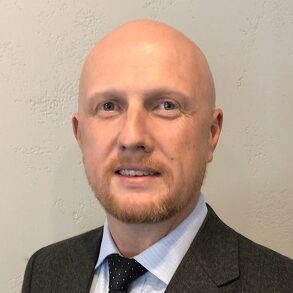
Ian Stedman, MA, LLB, PhD (Law)
Ian Stedman is an Associate Professor in the School of Public Policy and Administration at York University. He also holds the York University research chair in Law, Policy and Personalized Healthcare. Diagnosed with Muckle Wells Syndrome in 2012, Ian is a rare disease patient, parent, and advocate. Having formerly served as a board member of the Canadian Organization for Rare Disorders (CORD), Ian now serves as the board chair for the Canadian Autoinflammatory Network / Réseau Auto-inflammatoire Canadien, is a legal member of the research ethics board at SickKids Hospital in Toronto, and leads the patient partnership working group for the Pan-Canadian Genome Library.
Here is what he has to say about rare diseases:
In your opinion, what are some of the biggest challenges facing the rare disease community today?
“As a person who lived 32 years without a diagnosis and who is now working to better understand the policy landscape for rare diseases, I think the biggest challenge is co-ordination. Despite the growing number of rare diseases being described, and despite everything we know about the burdens of living with rare disease, most Canadian provinces and territories do not have comprehensive rare disease strategies in place. Our federal government recently created a rare disease directorate at Health Canada, but it needs to be properly resourced and scaled up so that it can have meaningful and lasting impact. The rare disease journey is different and I think that learning from and centering that experience will allow us to build the personalized healthcare systems of the future that we all desperately need.”
What are specific areas within the rare disease landscape that particularly excite you and why?
“There are a lot of new technologies that I think will eventually have a huge impact on how healthcare is delivered in Canada and around the world. Although I am excited to see these technologies emerge, I am more excited about the fact that there is a clear and increasing recognition that the modernization of health technologies, policies and systems MUST include patient voices. Meaningful patient partnership in research (across the disciplines) and in systems evaluation and management is essential to ensuring the success of our efforts at transformation. I am heartened to see that the growing interest in patient partnership is giving rise to and being driven by a steady stream of new research and tools for both researchers and community partners to learn from and leverage.”
How would you describe yourself in one sentence?
“I am a rare disease patient, parent and advocate who lived 32 years undiagnosed and whose genetic diagnosis gave me access to life-changing, and likely life-saving, biologic medicine.”

